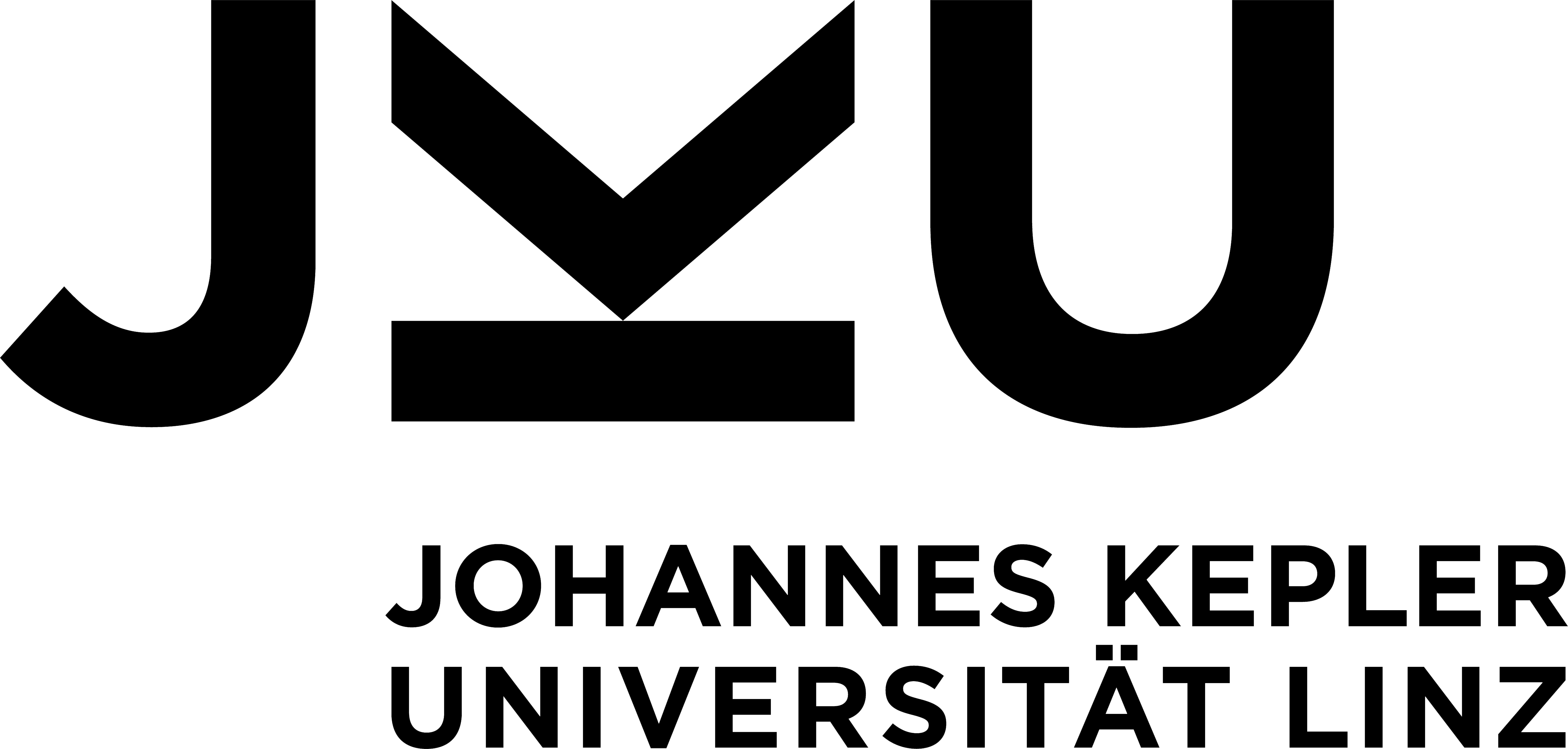Computer Science Colloquium
Prof. Krishnendu Chakrabarty
Electrical and Computer Engineering, Duke University, Durham, USA
Quo Vadis Microfluidic Biochips? Bridging the Gap between Microfluidics and Microbiology
Tue 08.08.2017, 16:00, 60 minutesScience Park 3, S3 058
Abstract
Microfluidics is transforming microbiology research by providing new opportunities for highthroughput sample preparation and point-of-care diagnostics. Over the past decade, several designautomation (synthesis) techniques have been developed for on-chip droplet manipulation. However, these methods oversimplify the dynamics of biomolecular protocols and they have yet to make a significant impact in biochemistry/ microbiology research, leading to a large gap between advances in biochip design and the adoption of biochips for running biomolecular protocols. In this talk, I will explore a pathway to bridge this gap by introducing a new paradigm for biochip design automation. I will describe synthesis solutions that use realistic models of biomolecular protocols to address real-world microbiology applications through cyberphysical adaptation. This talk will conclude with a vision for continued research on design-automation and optimization methodologies for the realization of biomolecular protocols using microfluidic biochips.Bio
Prof. Chakrabarty received the B. Tech. degree from the Indian Institute of Technology, Kharagpur, India in 1990, and the M.S.E. and Ph.D. degrees from the University of Michigan, Ann Arbor in 1992 and 1995, respectively, all in Computer Science and Engineering. During 1990-95, he was a research assistant at the Advanced Computer Architecture Laboratory of the Department of Electrical Engineering and Computer Science, University of Michigan. During 1995-1998, he was an Assistant Professor of Electrical and Computer Engineering at Boston University. Krish Chakrabarty has been at Duke University since 1998. His current research is focused on: testing and design-for-testability of integrated circuits (especially 3D and multicore chips); digital microfluidics, biochips, and cyberphysical systems; optimization of digital print and production system infrastructure. His research projects in the recent past have also included chip cooling using digital microfluidics, wireless sensor networks, and real-time embedded systems.Invited by Univ.-Prof. Dr. Robert Wille, Institut für Integrierte Schaltungen, Abteilung Integrierter Schaltungs- und Systementwurf
The Computer Science Colloquium is organized by the Department of Coputer Science at JKU, the Österreichische Gesellschaft für Informatik (ÖGI) and the Österreichische Computergesellschaft (OCG).
